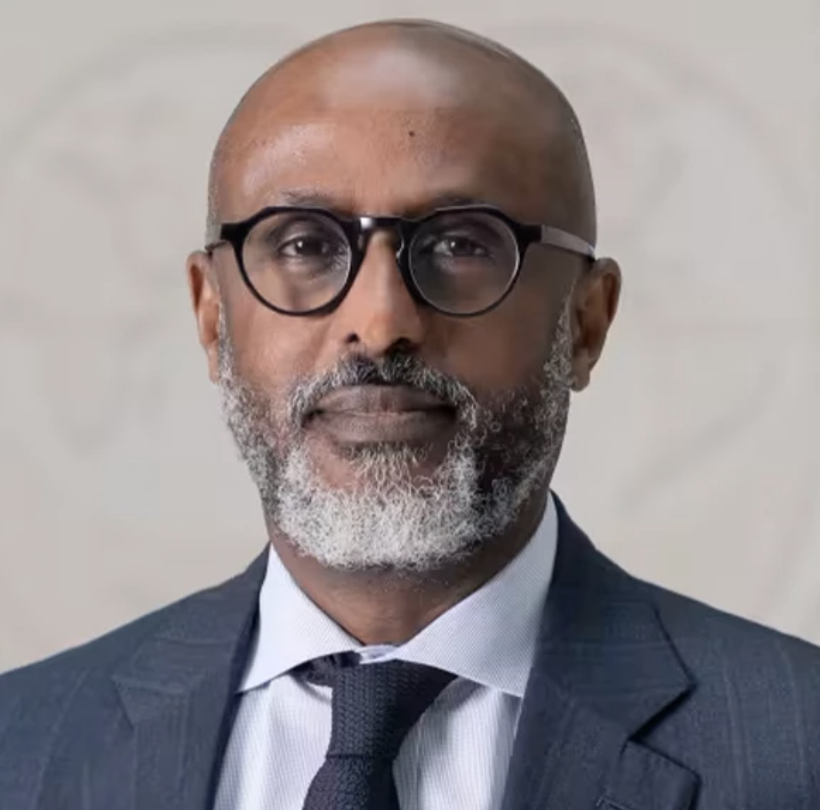In today's episode, we turn our focus to the economic landscape of sub-Saharan Africa, a region grappling with significant challenges and opportunities as it strives for recovery. According to the latest IMF economic outlook for sub-Saharan Africa, the region has faced diverse economic challenges in recent years, from global economic slowdowns to internal fiscal pressures. However, amidst these obstacles, signs of resilience and growth are emerging. With nearly two-thirds of its countries anticipating higher economic growth, there is optimism about the trajectory ahead. In this episode, we are honored to be joined by Dr. Abebe Aemro Selassie, Director of the African Department at the International Monetary Fund, to delve into key issues shaping the region's economic outlook.






